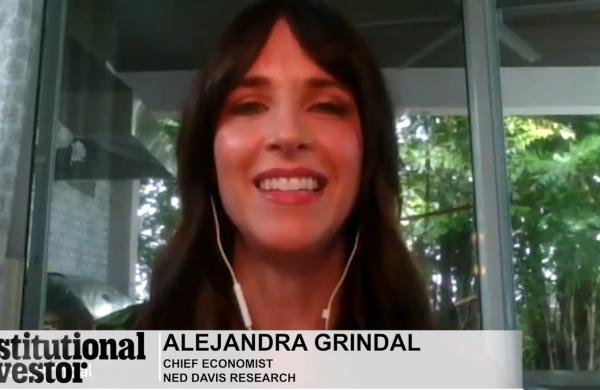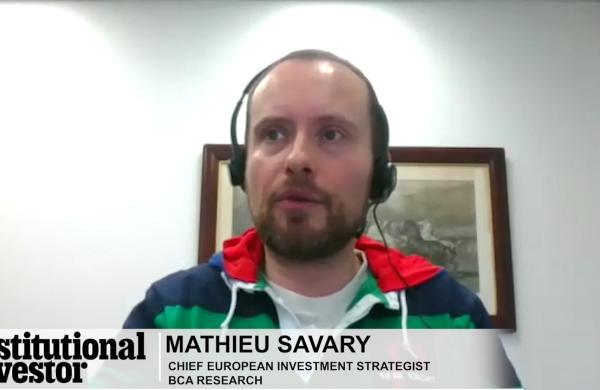EQUITY TRADING HAS UNDERgone a sweeping transformation in the past decade, thanks to innovative technologies and new regulations that have heightened competition and split liquidity among more than 30 exchanges and rival trading networks. Now a similar shift may be under way in the options markets. New Hope, Pennsylvaniabased trading software firm 3D Markets is preparing to launch Archangel, an electronic system for executing block options trades. The platform will be the first alternative trading system for options.
The new venture comes as many of the conditions that spurred competition in equities begin to appear in the options world. Six years after the launch of the all-electronic International Securities Exchange shook up the industry, for instance, the bulk of equity options contracts now changes hands digitally. Regulators are pushing for smaller pricing increments, echoing the equity markets' 2001 move to decimal pricing. And brokerages are adapting their algorithmic trading platforms, which allow institutions to slice big stock orders into more easily executed pieces, for options.
"The execution landscape for options is starting to evolve very much in the same way as it did for cash equities," says Jeromee Johnson, a former senior analyst at financial markets consulting firm TABB Group, who became president of 3D Markets in August.
Archangel seeks to facilitate block trades by anonymously linking institutions with a group of designated liquidity providers -- including market makers and hedge funds. (Johnson won't reveal the identities of firms that have agreed to participate.) Institutions submit orders to Archangel, which keeps the underlying stocks and the strike prices a secret but communicates the risk characteristics of the orders to the liquidity providers, who place bids on their implied volatility, similar to the way Wall Street firms bid on equity portfolio trades. Investors then choose the best among several bids, and Archangel routes the counterparties to an options exchange to complete the transaction; it is in talks with several exchanges to strike cooperation agreements for executing trades. Johnson expects to handle about 5,000 contracts per trade, compared with the industry average of fewer than 30. Users will pay a brokerage fee of $2 per contract, the standard rate that big Wall Street firms charge, while liquidity providers will pay 25 cents to 50 cents per contract.
The system, the brainchild of 3D chairman and former Piper Jaffray & Co. algorithmic trading chief David Mortimer, is expected to launch by year-end. The company had targeted a September launch but is waiting until it completes a round of private financing. "We've been on the road for the past three weeks," Johnson told Institutional Investor in mid-October.
Archangel seeks to disintermediate the options desks at big brokerage houses, but it should help exchanges. Under the regulations governing options, any trades arranged through Archangel must be executed on a registered exchange. In equities, by contrast, an ATS can execute blocks and then report the completed trades through an exchange. Some institutions that are unable to efficiently take big positions in the listed options market wind up taking their trades to the over-the-counter market. If successful, Archangel could bring some of that business to the exchanges.
And institutions are embracing basic options strategies -- either to hedge their bets or as part of short-extension strategies, or 130/30 funds, that permit portfolio managers to take short as well as long positions.
"The biggest chunk of the industry's growth is coming from new use of options by institutional investors," says James Binder, a spokesman for the Options Clearing Corp.
Industry watchers believe that in time more alternative-trading systems will target options, and that similar structural changes will come to the futures market, which is less open to competition because rules require futures contracts to be traded only on the exchange on which they are listed. "We're seeing many of our biggest clients add options and futures guys to their equity trading desks," says the CEO of a New York agency brokerage firm. "These markets are definitely converging. It's only a matter of time before you see the listed derivatives markets looking more like the cash equities markets do today."
A New Option





